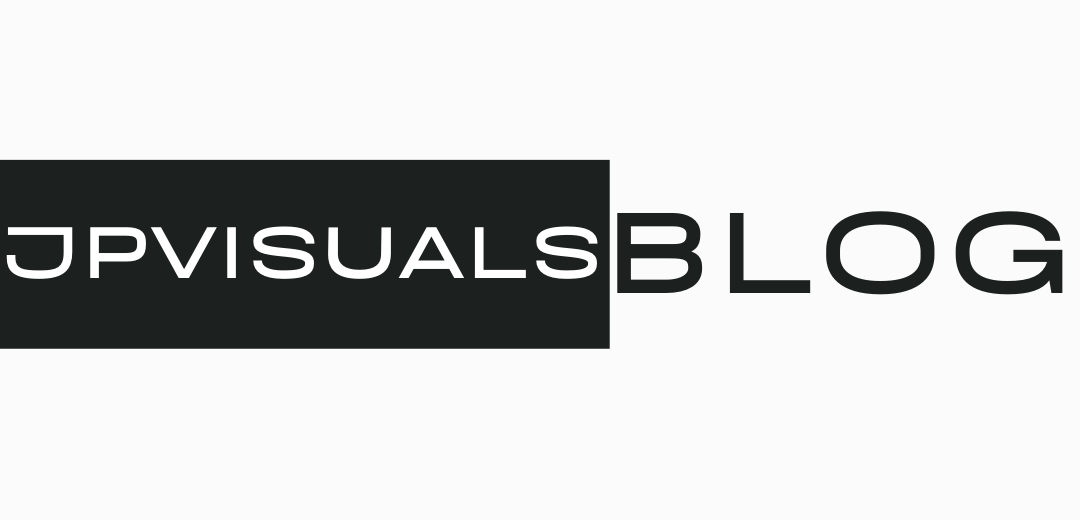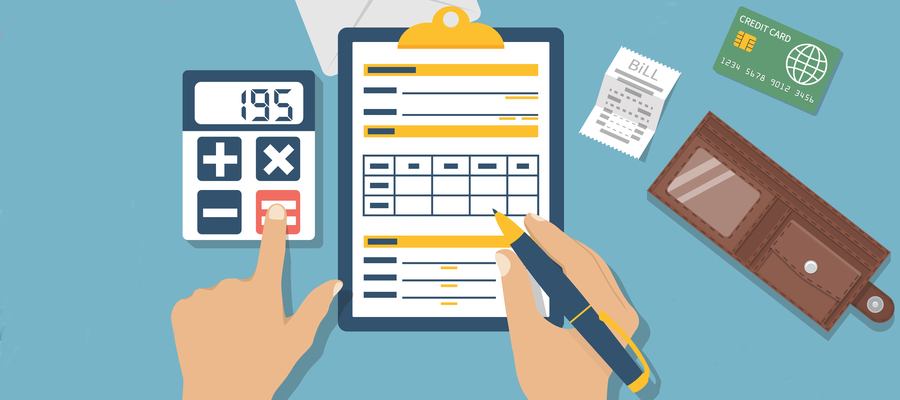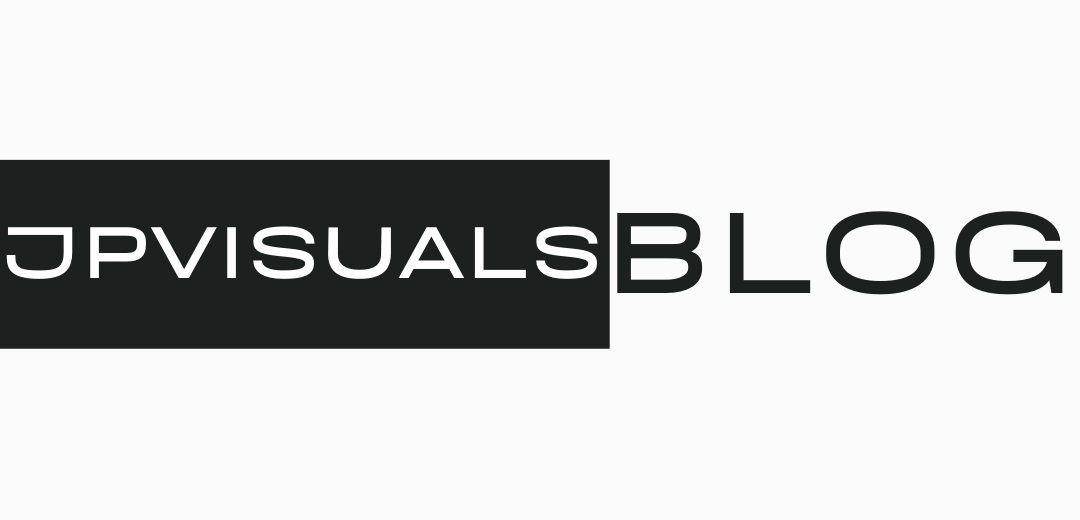Personal finance is the art and science of managing your money and achieving your financial goals. Whether you want to pay off debt, save for a big purchase, or build long-term wealth, developing good personal finance habits is essential.
In this blog, we'll cover some essential tips and strategies to help you manage your personal finances more effectively.
1. Set Financial Goals
The first step in managing your personal finances is to set clear financial goals. Start by asking yourself what you want to achieve in the short and long term. Your goals may include paying off credit card debt, saving for a down payment on a house, or building a retirement nest egg.
Once you have identified your goals, break them down into smaller, more manageable tasks. For example, if you want to save $10,000 for a down payment on a house, you might set a goal of saving $500 per month for the next 20 months.
2. Create a Budget
Creating a budget is one of the most important steps in managing your personal finances. A budget will help you track your income and expenses and make sure you are living within your means.
Start by tracking all of your expenses for a month or two. Then, create a budget that includes your fixed expenses (such as rent, utilities, and car payments) and your variable expenses (such as groceries, entertainment, and clothing).
Make sure to allocate a portion of your income to savings and debt repayment. If you find that you are spending more than you earn, look for ways to cut back on expenses or increase your income.
3. Pay off Debt
Paying off debt is an essential part of managing your personal finances. Start by prioritizing your debts based on the interest rate and balance. Focus on paying off high-interest debt first, such as credit card debt, to avoid accruing more interest.
Consider using a debt repayment strategy, such as the debt snowball or debt avalanche method, to pay off your debts more efficiently. These methods involve paying off your debts in a specific order to maximize your progress.
4.
Save for Emergencies
Building an emergency fund is an essential part of managing your personal finances. An emergency fund is a cash reserve that you can use to cover unexpected expenses, such as a medical bill or a car repair.
Aim to save at least three to six months' worth of living expenses in your emergency fund. You can start small by setting aside a portion of your income each month and gradually building up your savings over time.
5. Invest for the Future
Investing is an essential part of building long-term wealth. Consider opening a retirement account, such as a 401(k) or IRA, and contributing regularly to take advantage of tax benefits and compound interest.
If you have additional funds to invest, consider diversifying your portfolio with a mix of stocks, bonds, and other assets. Make sure to do your research and invest in assets that align with your risk tolerance and investment goals.
Conclusion
Managing your personal finances can be challenging, but by setting clear goals, creating a budget, paying off debt, saving for emergencies, and investing for the future, you can take control of your finances and achieve financial freedom. Remember to be patient, stay disciplined, and seek guidance from a financial professional if you need help.








